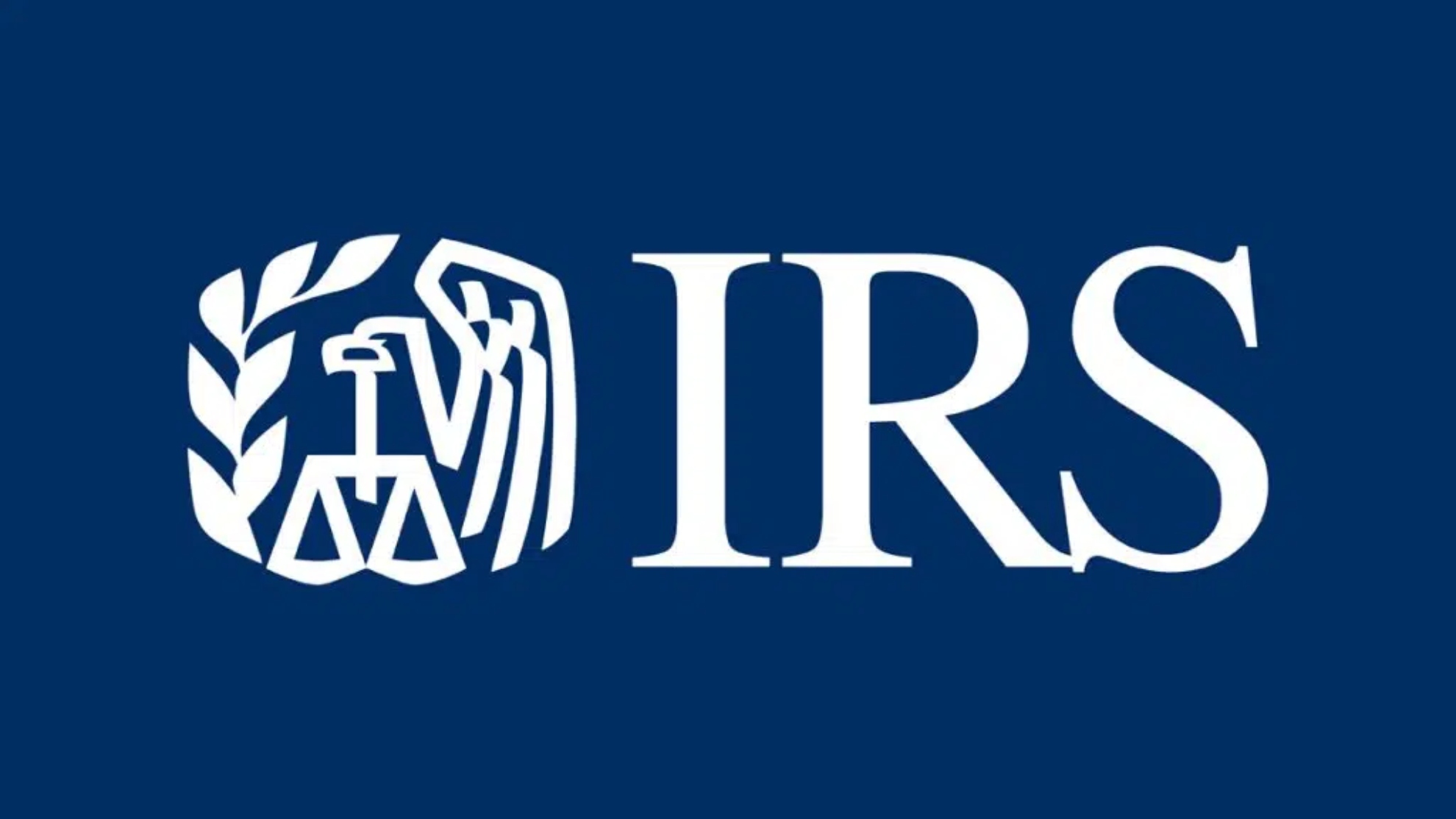On 27 February 2024, the US Internal Revenue Service (IRS) announced that it is providing tax relief for individuals and businesses in parts of California affected by severe storms and flooding that began on 21 January 2024. According to the IRS release—IR-2024-51—California taxpayers now have until 17 June 2024 to file various federal individual and business tax returns and make tax payments.
The IRS is offering relief to any area designated by the Federal Emergency Management Agency (FEMA). Currently, this includes San Diego County. Individuals and households that reside or have a business in this locality qualify for tax relief. The same relief will be available to any other California localities added later to the disaster area.
Filing and payment relief
The tax relief postpones various tax filing and payment deadlines from 21 January 2024 through 17 June 2024 (postponement period). As a result, affected individuals and businesses will have until 17 June 2024 to file returns and pay any taxes that were originally due during this period.
This means, for example, that the June 17, 2024, deadline will now apply to:
- Individual income tax returns and payments normally due on 15 April 2024.
- 2023 contributions to IRAs and health savings accounts for eligible taxpayers.
- 2024 estimated tax payments normally due on 15 April 2024.
- Quarterly payroll and excise tax returns normally due on 31 January 2024 and 30 April 2024.
- Calendar-year partnership and S corporation returns normally due on 15 March 2024.
- Calendar-year corporation and fiduciary returns and payments normally due on 15 April 2024.
- Calendar-year tax-exempt organization returns normally due on 15 May 2024.
Also, penalties for failing to make payroll and excise tax deposits due on or after 21 January 2024 and before 5 February 2024 will be abated as long as the deposits were made by 5 February 2024. The IRS automatically provides filing and penalty relief to taxpayers with an IRS address of record in the disaster area. These taxpayers do not need to contact the agency to get this relief.
It is possible an affected taxpayer may not have an IRS address of record located in the disaster area, for example, because they moved to the disaster area after filing their return. In these unique circumstances, the affected taxpayer could receive a late filing or payment penalty notice from the IRS for the postponement period. The taxpayer should call the number on the notice to have the penalty abated.
In addition, the IRS will work with any taxpayer who lives outside the disaster area but whose records are necessary to meet a deadline during the postponement period and are located in the affected area.
Reminder about extensions
The IRS urges anyone who needs an additional tax-filing extension beyond 17 June 2024 for their 2023 federal income tax return to request it electronically by 15 April 2024. Though a disaster-area taxpayer qualifies to request an extension between 15 April 2024 and 17 June 2024, a request filed during this period can only be submitted on paper. Whether requested electronically or on paper, the taxpayer will then have until 15 October 2024 to file, though payments are still due on 17 June 2024.
















